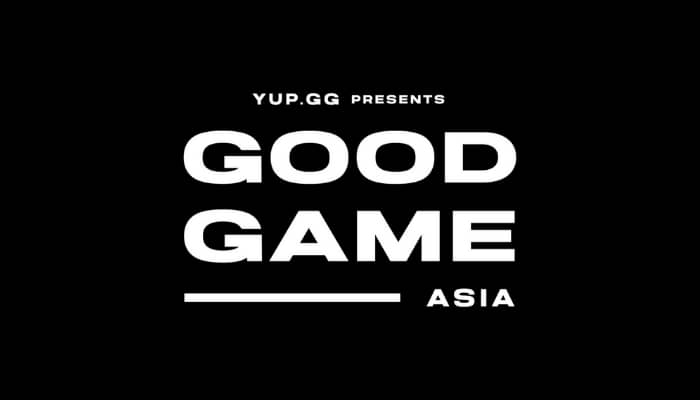Singapore – Global media platform Teads has announced a strategic partnership with the Singapore Media Exchange (SMX). Said deal gives Teads access to one of Singapore’s biggest media houses that comprises two of Singapore’s media giants- Mediacorp and Singapore Press Holdings.
As a part of this partnership, SMX brings leading news titles such as Channel News Asia and The Straits Times, as well luxury and lifestyle sites including Her World, ICON and HardwareZone catering to technology fans amongst their 25 sites for Teads to deliver ad formats in video and display inread, Teads flagship ad format, including ‘inRead Smart’ and ‘Smart6’ – a viewable video format for high engagement in brand safe, premium environments.
In addition, this strategic partnership will enable SMX to leverage Teads’ array of monetisation solutions across devices and formats, with a reach to digital consumers across Singapore with quality content and impactful ad solutions for greater audience engagement.
Julian Fernando, VP publisher solutions for Teads in APAC, said, “The advantage of Teads being a preferred partner with a powerhouse media company like SMX who represent leading brands like CNA, SPH, Business Times and premium SPH magazines is it gives us access to audience scale (reach) in brand safe environments. Team SMX are knowledgeable, collaborative and always eager to go beyond the brief, we are proud and excited to grow our partnership with them.”
Meanwhile, Michael Chng, general manager at SMX, commented, “Teads has been a partner of SMX since the very beginning when we started operations in 2018. Through various market challenges we’ve faced over the last 4 years, Teads has remained consistent in their commitment to our partnership. SMX is proud to have a steadfast partner in Teads, and I’m confident our collaboration will strengthen further in the years ahead.”













